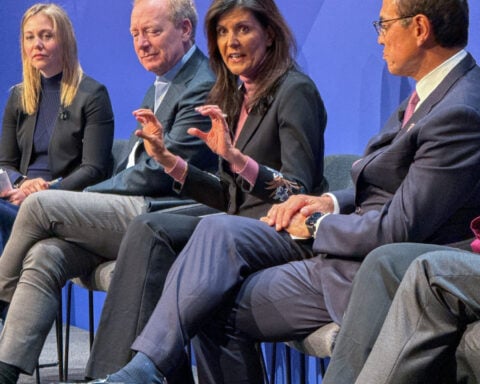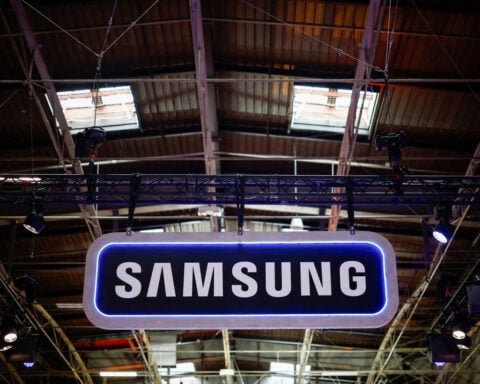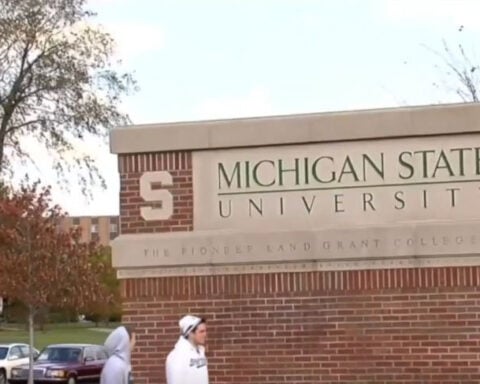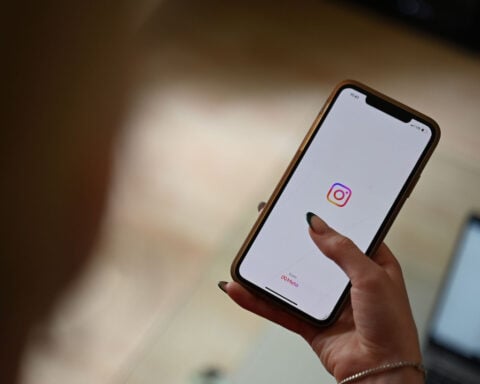Apple's latest offering, the iPhone 15 series, has not only captured attention for its cutting-edge features but has also found itself embroiled in an unexpected predicament: overheating.
Reports of devices have surfaced since their debut in September 2023. Initial complaints from users on various platforms were subsequently corroborated by reputable sources such as the Associated Press and the Wall Street Journal. While overheating is a common issue in smartphones, particularly during extended usage or charging, the iPhone 15 series appears to be grappling with a more pronounced manifestation of this problem.
In response to these concerns, Apple has embarked on an extensive investigation, uncovering that the overheating woes stem from a convergence of software glitches and the impact of select third-party applications. Apple attributes a significant portion of the blame for the overheating to a software bug within the iOS 17 operating system, which underpins the functionality of iPhone 15 models. Furthermore, Apple has found that popular apps like Instagram and Uber are running in ways that further strain the system and worsen the software bug.
Apple has started collaborating closely with the impacted applications' developers to find and implement a solution to the issue. Meta Platforms, the company that developed Instagram, has issued a patch to address the issue of the app being too hot on the device. The rollout of updates for other apps, including as Uber and the video game Asphalt 9, continues. Apple has promised these updates will be available shortly, but has not given a specific release date.
During the discussion, speculation circulated that the premium iPhone 15 Pro and iPhone 15 Pro Max's sleek titanium casing was to blame for the device's incessant heating. Apple has denied these claims, maintaining that the case material is in no way related to the heating issues.
Concerns have also been voiced over whether or not the shift from Apple's Lightning charging cord to the more widespread USB-C connection is to blame. Apple, however, has refuted these accusations as well, maintaining that the USB-C port update made to comply with European Union regulation is unconnected to the overheating problem.
Over the course of the nine months covered by Apple's most recent three fiscal quarters, iPhone sales were down by 4% year over year. Since June 2023, Apple's market value has dropped due to falling sales, wiping off $300 billion in shareholder equity.
Apple has bumped up the starting price of the iPhone 15 Pro Max by nine percent over last year's model, to $1,200. To what extent the new models' novel features and this price strategy can offset any sales decline caused by the overheating issue remains to be seen.
Despite the challenges, the iPhone 15 series is nevertheless popular, according to certain analysts in the business. Over 250 million iPhones, according to Wedbush Securities, haven't received an upgrade in over four years. This year, with the iPhone 15 series' improved CPU, camera, and charging mechanism and the attractive discounts offered by cell carriers, many of these people may be tempted to upgrade.
Apple has obviously taken a hit because of the overheating problem, but the company's quick response and efforts to remedy the problem show how committed it is to ensuring happy consumers. Future updates to the program and the application should correct the issue, albeit when exactly this will happen is currently uncertain.
Despite the negative reviews, the demand for the iPhone 15 seems to be rather high. Only time will tell if this demand and Apple's fixes are enough to offset any potential sales dip caused by the overheating issue.
The current situation ultimately serves as a reminder of the complex challenges faced by internet firms in developing and advertising innovative products. It also highlights the importance of effective crisis management in maintaining a brand's market and public standing.

 What is seditious conspiracy, which is among the most serious crimes Trump pardoned?
What is seditious conspiracy, which is among the most serious crimes Trump pardoned?
 Savannah women brings hope and help with new Maternal Mental Health app
Savannah women brings hope and help with new Maternal Mental Health app
 Amazon to close 7 warehouses in the Canadian province of Quebec and eliminate 1,700 jobs
Amazon to close 7 warehouses in the Canadian province of Quebec and eliminate 1,700 jobs
 House prepares to pass immigrant detention bill that would be Trump's first law to sign
House prepares to pass immigrant detention bill that would be Trump's first law to sign
 Lewis Hamilton says driving a Ferrari F1 car for first time was 'exciting and special'
Lewis Hamilton says driving a Ferrari F1 car for first time was 'exciting and special'
 The head of a federal agency for consumers has packed up his office. But will Trump fire him?
The head of a federal agency for consumers has packed up his office. But will Trump fire him?
 Meagan Good says goodbye to 'Harlem,' hello to her future with Jonathan Majors
Meagan Good says goodbye to 'Harlem,' hello to her future with Jonathan Majors
 K-9's retirement party was everything a dog could want
K-9's retirement party was everything a dog could want
 Why some Instagram users aren’t able to unfollow Trump and JD Vance
Why some Instagram users aren’t able to unfollow Trump and JD Vance
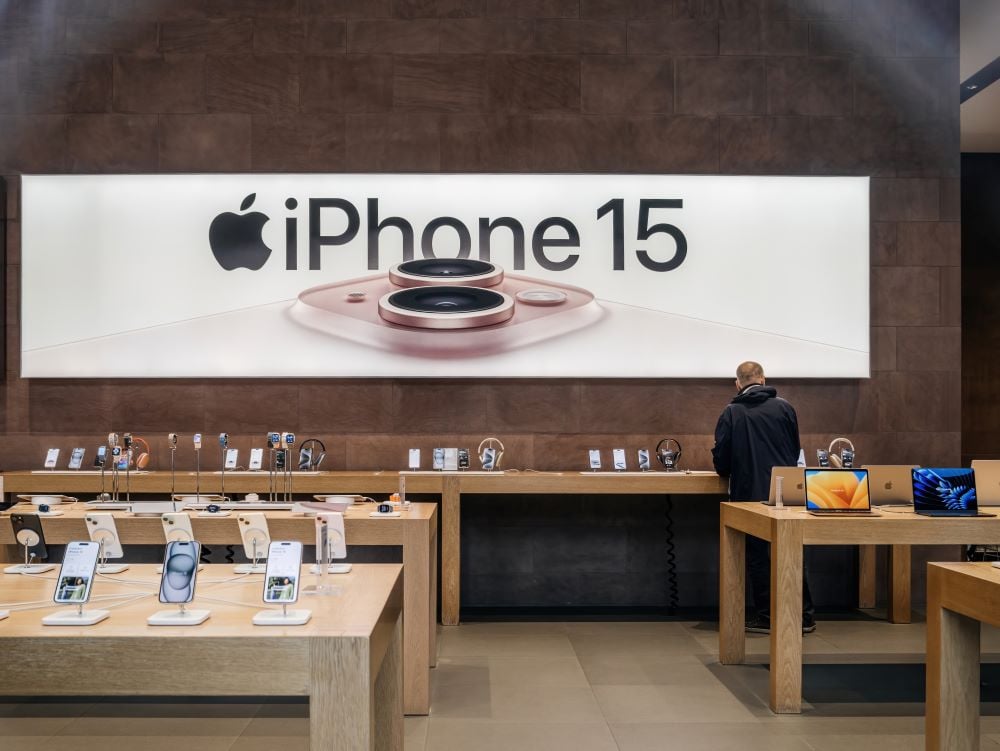 iPhone 15 Overheating Problem
iPhone 15 Overheating Problem

